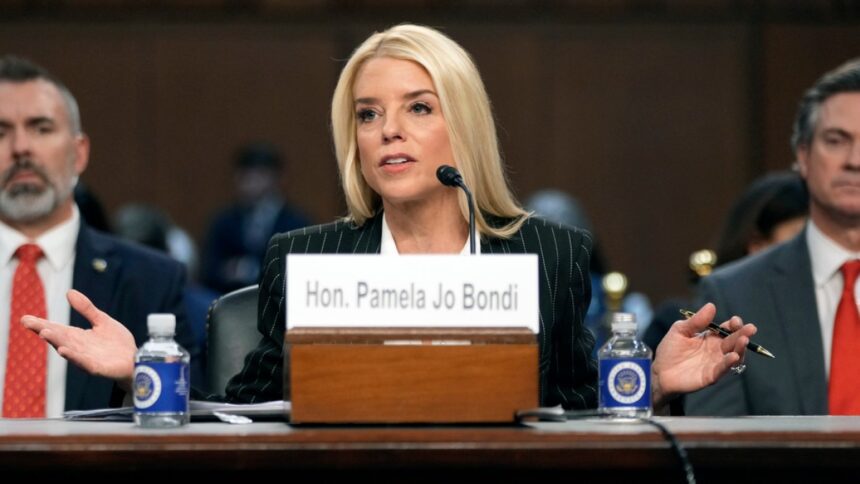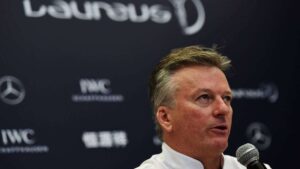For the second consecutive day, the United States Senate has been evaluating nominees for crucial positions in President-elect Donald Trump’s cabinet, thoroughly questioning candidates on their qualifications and backgrounds.
Yesterday was a hectic day for the Senate, conducting hearings for six Trump nominees, including significant figures like Senator Marco Rubio, who is nominated for the secretary of state position, and Pam Bondi, selected for the attorney general’s role.
The hearings are taking place as Republican leaders in Congress aim to give Trump a strong kickstart to his second term, which commences on Monday.
Confirmation from the Senate is required for high-level cabinet positions, and with Republicans holding 53 seats to the Democrats’ 45, success for the nominees is likely. However, controversial nominees will require as many votes as possible to secure their appointments. The hearings on Wednesday followed heated proceedings from the day before, where Pete Hegseth, the nominee for secretary of defence, faced tough questioning regarding allegations of excessive drinking and sexual assault.
Here are the key highlights from Wednesday’s testimonies before the Senate.
Rubio, a US senator from Florida, made it clear during his testimony that if appointed as secretary of state, he would prioritize US interests above all else. He also displayed his reputation as a foreign policy hawk, labeling China as the “biggest threat” to the US in the 21st century.
Rubio criticized China for its deceptive and underhanded tactics to achieve global superpower status, stating that if the US doesn’t change course, many aspects of daily life could be impacted by Chinese control.
Despite his hawkish stance, Rubio also emphasized the importance of alliances like NATO, differing from Trump’s more aggressive approach. He acknowledged the significance of the NATO alliance and its role in preventing further aggression and conflicts.
In a separate hearing, John Ratcliffe, Trump’s nominee for the CIA director position, reassured lawmakers that there would be no political bias in the intelligence community under his leadership. Ratcliffe, a former federal prosecutor and former director of national intelligence during Trump’s first term, pledged to provide objective analysis without letting personal or political biases influence decision-making.
Concerns were raised by senators about the potential misuse of power by Trump’s appointees in high-ranking law enforcement roles. Ratcliffe faced direct questioning regarding the possibility of removing personnel based on political preferences, to which he firmly stated that he would never impose a political litmus test for CIA employees.
Pam Bondi, Trump’s pick for attorney general, faced scrutiny during her Senate hearing due to Trump’s previous statements about prosecuting political opponents. Bondi attempted to alleviate concerns by emphasizing the importance of eliminating politics from the justice system and ensuring no one is prosecuted for political reasons.
When questioned about investigating specific figures like former Special Counsel Jack Smith, who had filed criminal indictments against Trump, Bondi avoided giving clear answers, stating that making commitments would be irresponsible.
Sean Duffy, Trump’s nominee for secretary of transportation, presented relatively uncontroversial testimony. He discussed plans to make electric vehicles contribute toward road maintenance costs traditionally funded by gasoline taxes. Duffy also emphasized the need for oversight of Boeing, a major American aircraft manufacturer, to restore global confidence in aviation safety standards.
Overall, the Senate hearings provided valuable insights into the nominees’ positions and priorities if confirmed for their respective roles.










